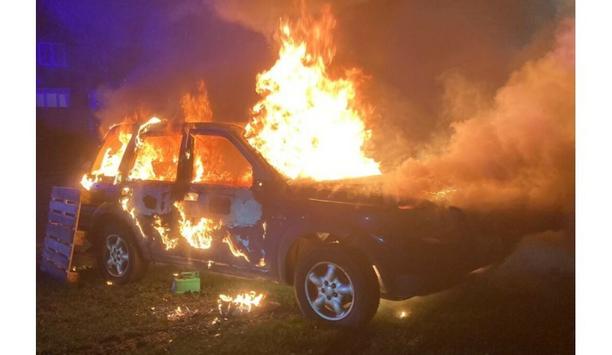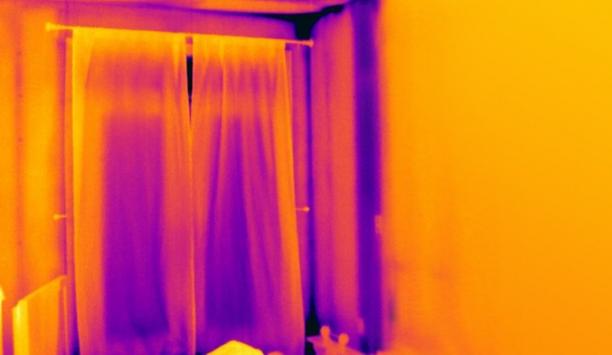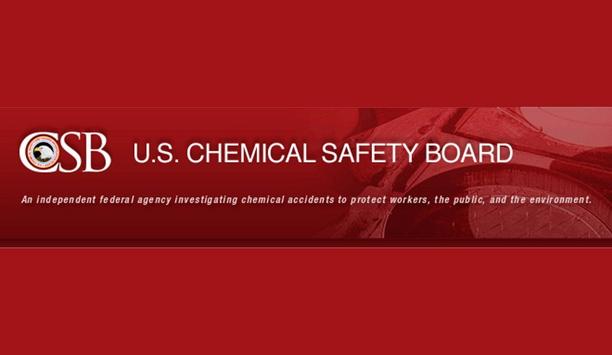In his article for UKAS’s 2021/2022 Annual Report, Marcus Long, Chief Executive of the Independent International Organisation for Certification (IIOC), shares his perspective on the role of conformity assessment in emerging technologies.
The fourth industrial revolution is opening a wealth of technologies that will benefit both the assurance industry and, more importantly, users of conformity assessment services.
Accredited conformity assessment
Organizations of all shapes and sizes rely on accredited conformity assessments to deliver confidence in products, processes, systems, people and services across all sectors. Maintaining that continuity of trust is vital during periods of change.
This starts with rigorously assessing the potential benefits, risks and integrity of any new audit technology. Conformity assessment bodies then need to work closely with stakeholders and customers to ensure that they are able to adopt updated processes and can continue to trust audit outcomes.
Online management portals
In an ideal world the adoption of new technology is a gradual process, allowing organizations time to adjust. Sometimes the pace of change is forced by extraordinary events. The onset of the COVID-19 pandemic necessitated a fundamental shift in the way organizations operated and saw a dramatic rise in remote working.
For the conformity assessment industry this also accelerated the implementation of remote and hybrid audits, where remote techniques, drones and sensors were already being used in certain high risk or difficult to access environments. In addition, the more forward-thinking conformity assessment bodies either launched or upgraded online management portals, giving customers greater control over their audits and allowing them enhanced access to the resultant data.
Remote auditing techniques
Once new technology has become embedded into ‘normal’ working practices, its real-world impact needs to be evaluated to help guide future development. In October 2021 IAF/ILAC/ISO published the results of a stakeholder survey into remote auditing techniques.
The feedback from the 4,350 respondents, which included auditors, assessors and their customers, was overwhelmingly positive. Buy-in to remote processes was shown with 97.5% agreeing that new technologies should be used, whilst 79% said they actually preferred either a blended or remote audit over a ‘traditional’ onsite one. Trust in conformity assessment was maintained as 80% agreed remote techniques provide confidence, and 91.5% felt remote techniques will stimulate the use of new processes.
Supply chain management
Similarly encouraging responses are highlighted in IIOC’s white paper “Transformative technology techniques”. The paper also points out that the digitization and management of data (and not emerging technology itself) indicates the potential way forward for the assurance industry. Doing so will help analyze compliance patterns, identify areas for improvement and assist clients with supply chain management.
Whilst the continued move towards a digital world is inevitable, there is very little value in introducing technology for technology’s sake. Any new technology must be relevant to the application, improve outcomes and be implemented correctly, with complete buy-in from all parties. Despite significant steps in AI in recent years, it’s important to remember that technology and data are merely delivery mechanisms for audit expertise, rather than replacements for it.
People remain at the heart of the industry, where the underlying products are trust and confidence. Whatever they do and however they do it, it is vital they preserve their technical integrity by taking everyone with them, regardless of whether they are regulators, accreditation bodies, conformity assessment bodies or customers.















